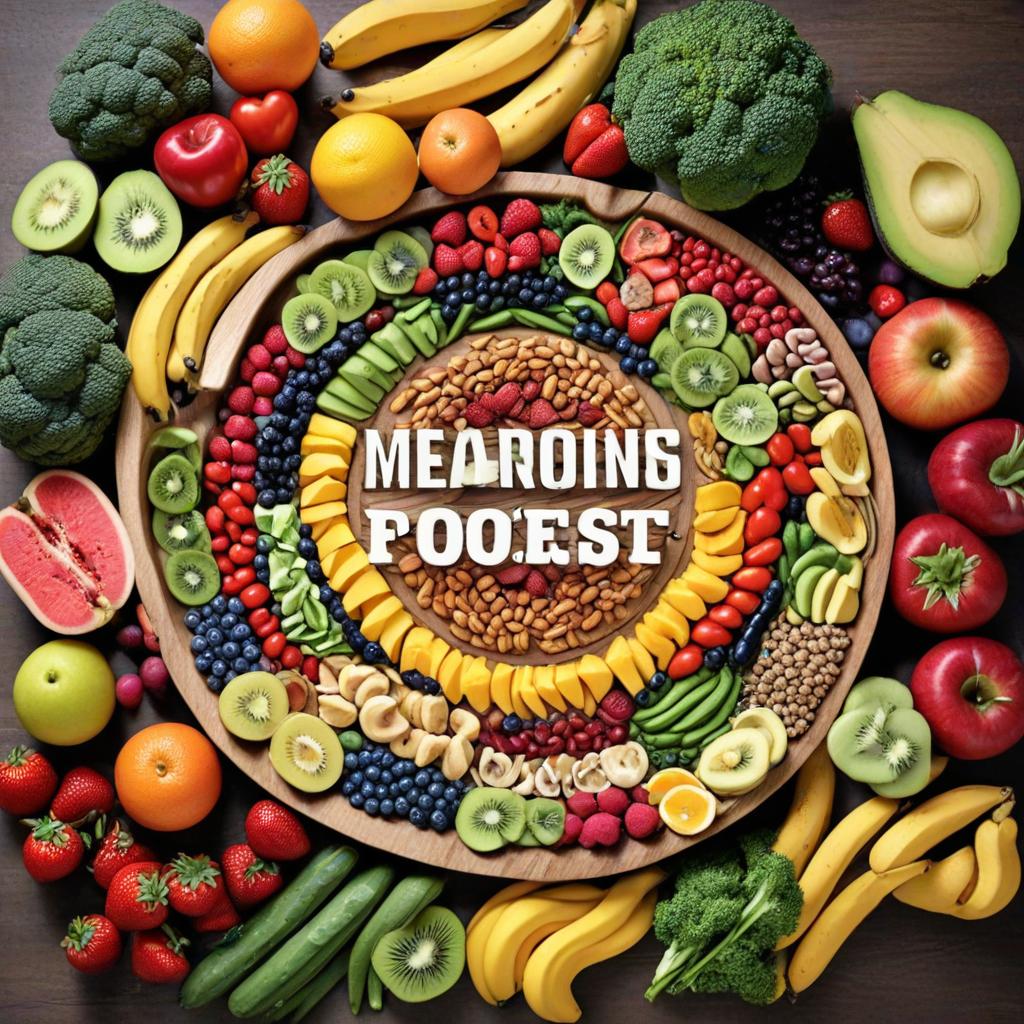
A balanced hormone level is crucial for overall health and well-being, and the best way to achieve this is through a healthy diet. In North Port, experts recommend a diet rich in whole foods, healthy fats, and lean proteins to naturally balance hormones. This includes incorporating plenty of fruits, vegetables, and whole grains while avoiding processed foods and excessive sugar and caffeine intake. Additionally, including hormone-balancing supplements and regular exercise can further support a healthy hormone balance. By following these guidelines, individuals in North Port can optimize their diet for a naturally balanced hormonal system.
Understanding the Importance of Balancing Hormones Naturally
Hormonal imbalances can cause a range of health issues, from irregular periods and weight gain to fatigue and mood swings. Many people turn to medication or hormone therapy to address these issues, but there is a simpler, more natural solution – a balanced diet. By nourishing your body with the right nutrients, you can support your body’s natural hormone production and achieve overall hormonal balance.
The Role of Nutrition in Balancing Hormones
The food we eat plays a crucial role in regulating our hormone levels. Certain foods contain nutrients and compounds that can support hormonal balance, while others can disrupt it. For instance, highly-processed foods, trans fats, and sugar can increase inflammation in the body and interfere with hormonal functions. On the other hand, a diet rich in whole foods, healthy fats, and adequate protein can provide the building blocks for healthy hormone production.
Key Nutrients for Hormonal Balance
To balance hormones naturally, it’s essential to consume a wide variety of nutrients. Some key nutrients for hormonal health include:
-
Omega-3 Fatty Acids: These healthy fats help regulate inflammation and support the production of hormones like estrogen and progesterone. Good sources include fatty fish, avocados, and nuts.
-
Vitamin D: This essential vitamin helps regulate the production of sex hormones in both men and women. Exposure to sunlight and consumption of fatty fish, eggs, and fortified foods can boost vitamin D levels.
-
B Vitamins: B vitamins play a role in energy production and hormone metabolism. Whole grains, leafy greens, and lean proteins are excellent sources.
-
Magnesium: This mineral is involved in over 300 biochemical reactions in the body, including hormone production and regulation. Leafy greens, nuts, and whole grains are rich sources of magnesium.
Anti-Inflammatory Foods for Hormonal Balance
Chronic inflammation can disrupt hormonal balance and lead to health issues like insulin resistance, PCOS, and thyroid disorders. Choosing anti-inflammatory foods can help reduce inflammation and promote hormonal balance. Some top anti-inflammatory foods include:
-
Turmeric: This spice contains a compound called curcumin, which has potent anti-inflammatory properties.
-
Berries: These colorful fruits are rich in antioxidants and can help reduce inflammation in the body.
-
Leafy Greens: Leafy greens like spinach, kale, and collard greens are packed with nutrients and can help reduce inflammation.
-
Green Tea: This beverage is rich in anti-inflammatory compounds and can also help regulate blood sugar levels.
-
Olive Oil: This healthy fat is rich in anti-inflammatory compounds and can help balance hormones.
Other Dietary Recommendations for Hormonal Health
Apart from incorporating the above-mentioned nutrients and anti-inflammatory foods into your diet, some other dietary recommendations can help promote hormonal balance, including:
- Eating a variety of fruits and vegetables: Consuming a wide variety of plant-based foods can ensure you get a diverse range of nutrients.
- Limiting sugar and processed foods: As mentioned earlier, these foods can disrupt hormone balance and should be consumed in moderation.
- Staying hydrated: Drinking enough water is crucial for hormone balance, as dehydration can affect hormone production and lead to imbalances.
- Adding herbs to your diet: Some herbs like maca, ashwagandha, and chasteberry are known for their hormone-balancing properties and can be incorporated into your diet in the form of supplements, teas, or added to recipes.
By following these dietary recommendations, you can support your body's natural hormone production and achieve optimal hormonal balance. Remember, everyone's body is unique, and it may take some trial and error to find the right balance for you. Consulting a healthcare professional or registered dietitian can also offer personalized recommendations for your


